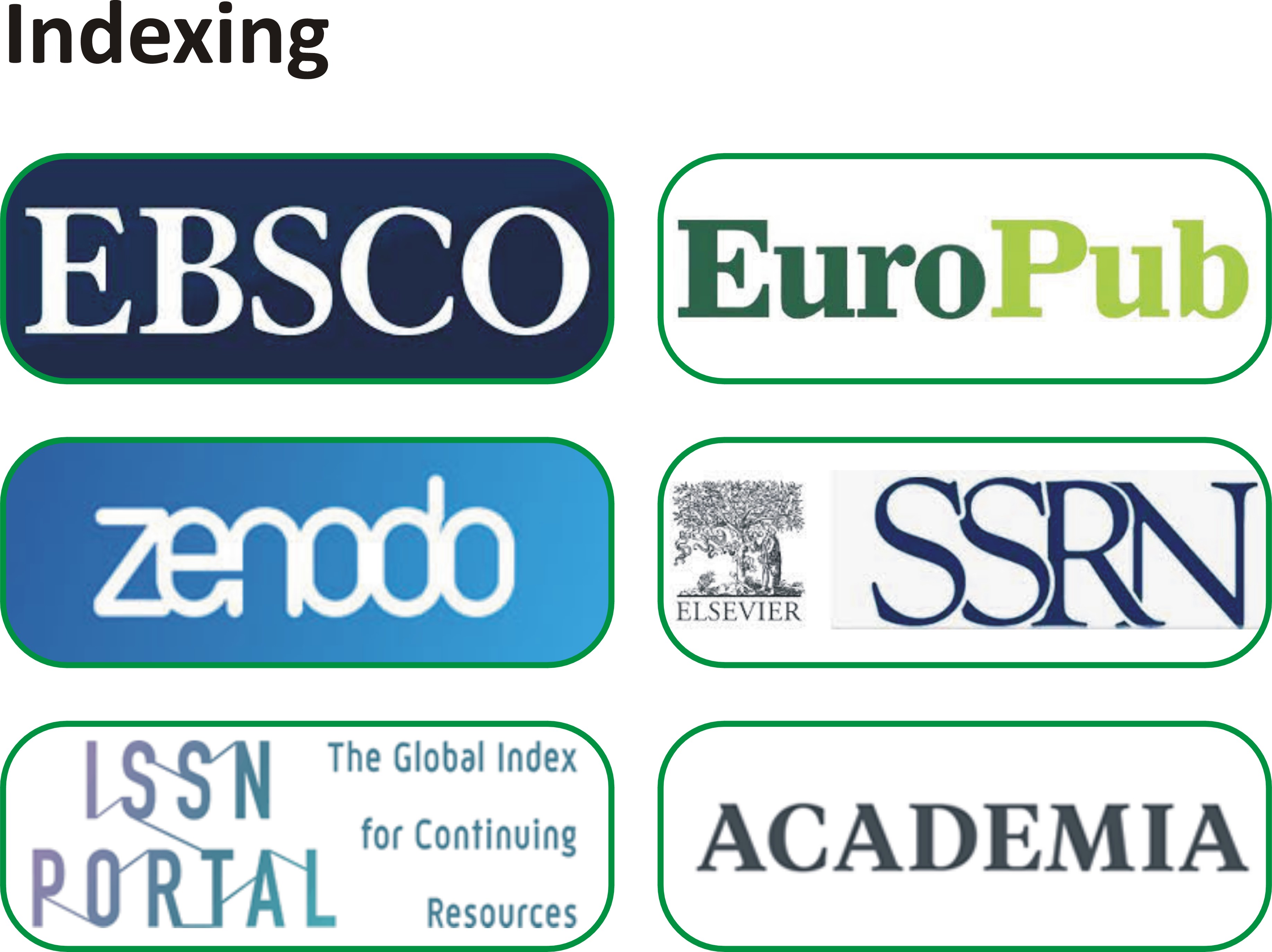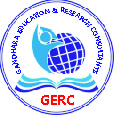The COVID-19 Challenges in Pakistan and the Significance of Strategic Management in Mitigating Inequality and Safeguarding Children
Abstract
This article examines the urgent challenges encountered by children amidst the COVID-19 pandemic. The primary objectives encompass mitigating potential hazards to the physical and psychological welfare of children, guaranteeing their access to essential provisions such as sustenance, housing, and schooling, and furnishing assistance and safeguarding to those who are particularly susceptible, such as those residing in low-income homes or necessitating supplementary aid. Underprivileged populations experience a disproportionate impact from the accumulation of COVID-related hazards, highlighting the imperative to address these issues in order to mitigate further injustices. This study demonstrates that despite the global endeavours to mitigate the transmission of the COVID-19 pandemic, Pakistan's approach towards addressing the inadvertent consequences on the well-being of children lacks clarity. This underscores the importance of developing and executing a comprehensive policy to ensure the safety and well-being of children during the ongoing pandemic. The research strategy will focus on monitoring and tackling six significant challenges. These challenges include enhancing the availability of safe water, sanitation, and hygiene, mitigating environmental degradation and climate change, reducing child poverty rates, safeguarding children's mental well-being, expanding educational prospects for all children, and ensuring access to health and nutrition services. The primary objective of this study is to assist stakeholders and policymakers in developing a policy framework that places a high priority on ensuring the safety of children, particularly those who are most susceptible, both during and in the aftermath of the COVID-19 pandemic.
Copyright Notice Submission of an article implies that the work described has not been published previously (except in the form of an abstract or as part of a published lecture or academic thesis), that it is not under consideration for publication elsewhere, that its publication is approved by all authors and tacitly or explicitly by the responsible authorities where the work was carried out, and that, if accepted, will not be published elsewhere in the same form, in English or in any other language, without the written consent of the Publisher. The Editors reserve the right to edit or otherwise alter all contributions, but authors will receive proofs for approval before publication. Copyrights for articles published in IJSSA journal are retained by the authors, with first publication rights granted to the journal. The journal/publisher is not responsible for subsequent uses of the work. It is the author’s responsibility to bring an infringement action if so desired by the author.



